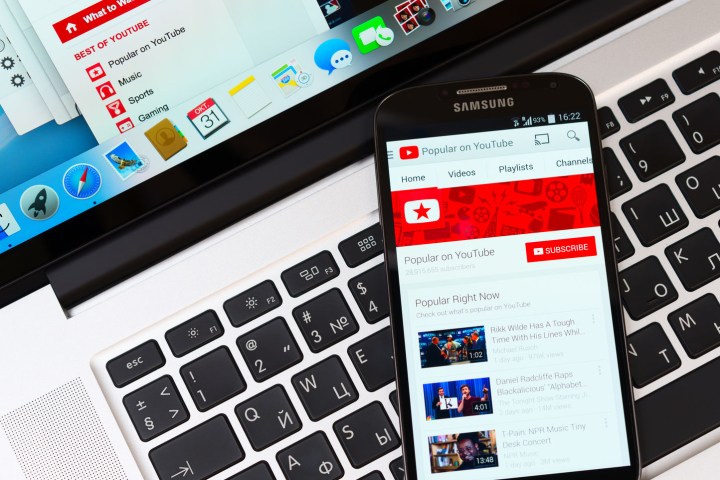
The move comes just a month after Facebook, Twitter, Google-owned YouTube, and Microsoft agreed to uphold new hate speech rules put forth by the European Union, and now, it looks as though some of these folks are taking things yet another step further. By employing an automated technology that looks for “hashes,” a unique digital identifier that internet firms automatically attach to certain videos, companies can efficiently remove problematic content from the web. Moreover, it saves humans from having to watch what could otherwise be upsetting material over and over again.
The companies who are allegedly using this automated technology have not yet confirmed their methods, but according to Reuters, “numerous people familiar with the technology said that posted videos could be checked against a database of banned content to identify new postings of, say, a beheading or a lecture inciting violence.”
Still, the use of automation and even the removal of such content continues to be a contentious issue, especially as tech companies consider who should be the final arbiter of what constitutes free speech, and what should be taken down. “It’s a little bit different than copyright or child pornography, where things are very clearly illegal,” said Seamus Hughes, deputy director of George Washington University’s Program on Extremism. And as Matthew Prince, chief executive of content distribution company CloudFlare, pointed out, “There’s no upside in these companies talking about it. Why would they brag about censorship?”


